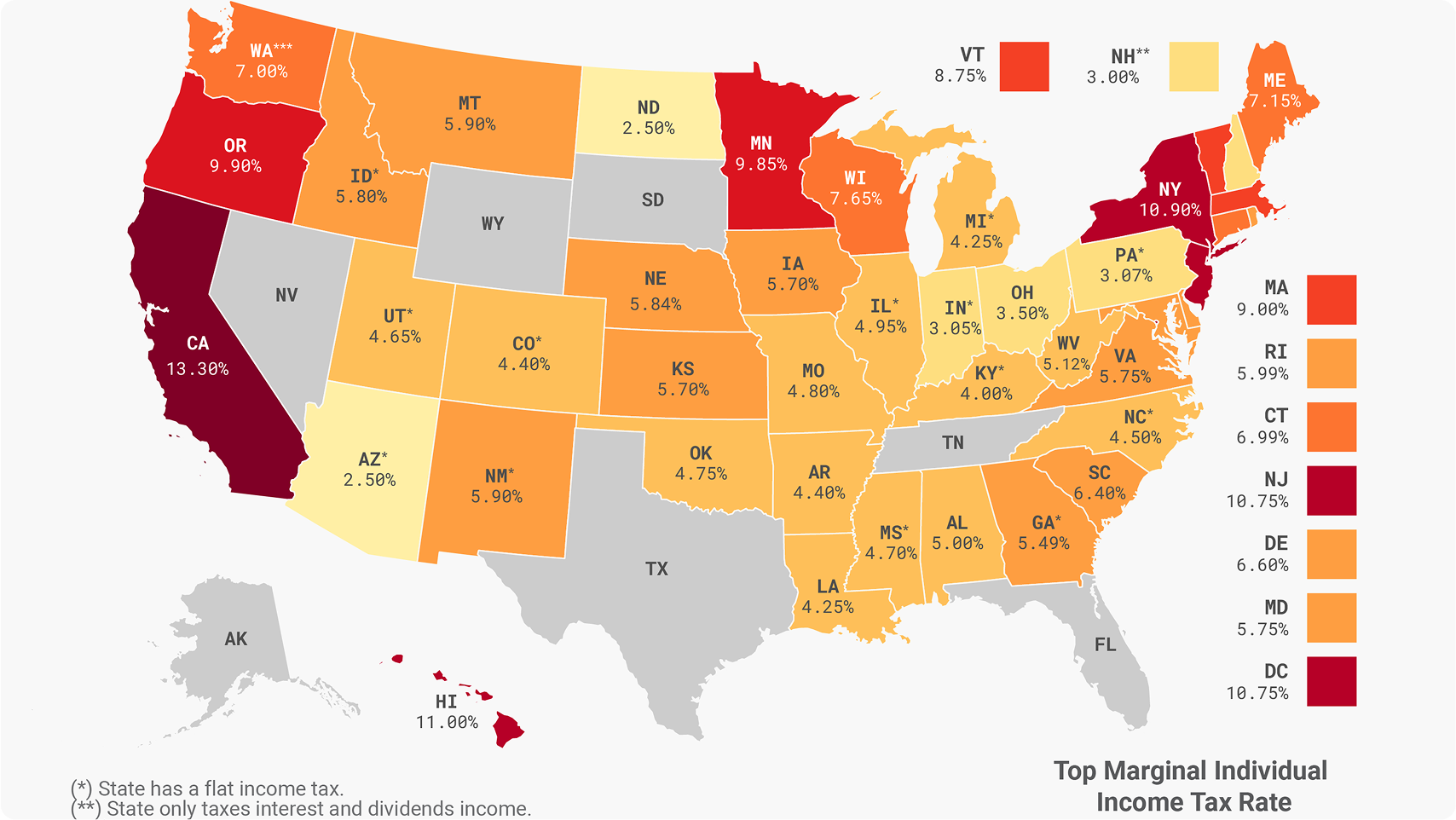The IRS has announced its annual tax inflation adjustments for 2025, affecting over 60 tax provisions that will impact taxpayers’ 2026 tax returns. These changes aim to offset the effects of inflation on income, deductions, and tax credits.
Standard Deduction Increases
For the 2025 tax year, the standard deduction will increase as follows:
- Single Filers & Married Filing Separately: $15,000 (+$400 from 2024)
- Married Filing Jointly: $30,000 (+$800 from 2024)
- Head of Household: $22,500 (+$600 from 2024)
- Head of Household: $22,500 (+$600 from 2024)
These increases allow taxpayers to earn more before being subject to federal income tax.
Adjusted Tax Brackets for 2025
The IRS has increased the income thresholds for all seven federal tax brackets:
Single Filers
- 37%: Over $626,350
- 35%: Over $250,525
- 32%: Over $197,300
- 24%: Over $103,350
- 22%: Over $48,475
- 12%: Over $11,925
- 10%: Up to $11,925
Married Filing Jointly
- 37%: Over $751,600
- 35%: Over $501,050
- 32%: Over $394,600
- 24%: Over $206,700
- 22%: Over $96,950
- 12%: Over $23,850
- 10%: Up to $23,850
Understanding Marginal Tax Rates
Marginal tax rates apply only to income within each bracket. For example, a single filer earning $120,000 in 2025 will be taxed at different rates:
- First $11,925 taxed at 10%
- Next $36,550 taxed at 12%
- Next $54,875 taxed at 22%
- Remaining $16,650 taxed at 24%
This means earning more does not subject all of your income to a higher tax rate.
Alternative Minimum Tax (AMT) Adjustments
The AMT exemption will increase to $88,100 for individuals and $137,000 for married couples filing jointly. Phase-out thresholds also increase to $626,350 (single) and $1,252,700 (married).

Other Key Adjustments
- Earned Income Tax Credit (EITC): Max credit for three or more children increases to $8,046 (+$216 from 2024).
- Transportation Benefits: Monthly commuter and parking benefits rise to $325.
- Health Flexible Spending Accounts (FSAs): Contribution limit increases to $3,300 with a carryover max of $660.
- Medical Savings Accounts (MSAs): New limits for deductibles and out-of-pocket expenses.
- Foreign Earned Income Exclusion: Increases to $130,000.
- Estate Tax Exemption: Rises to $13,990,000.
- Gift Tax Exclusion: Increases to $19,000 per person.
- Adoption Credit: Maximum credit rises to $17,280.
What Remains Unchanged
- Personal exemptions remain at zero due to the Tax Cuts and Jobs Act (TCJA) of 2017.
- Lifetime Learning Credit thresholds stay at $80,000 (single) and $160,000 (joint).
Conclusion
The IRS inflation adjustments help prevent taxpayers from facing higher tax rates due to cost-of-living increases. Understanding these changes can help with tax planning and optimizing deductions. If you’re concerned about how these changes will affect you, consider consulting a tax professional.



























